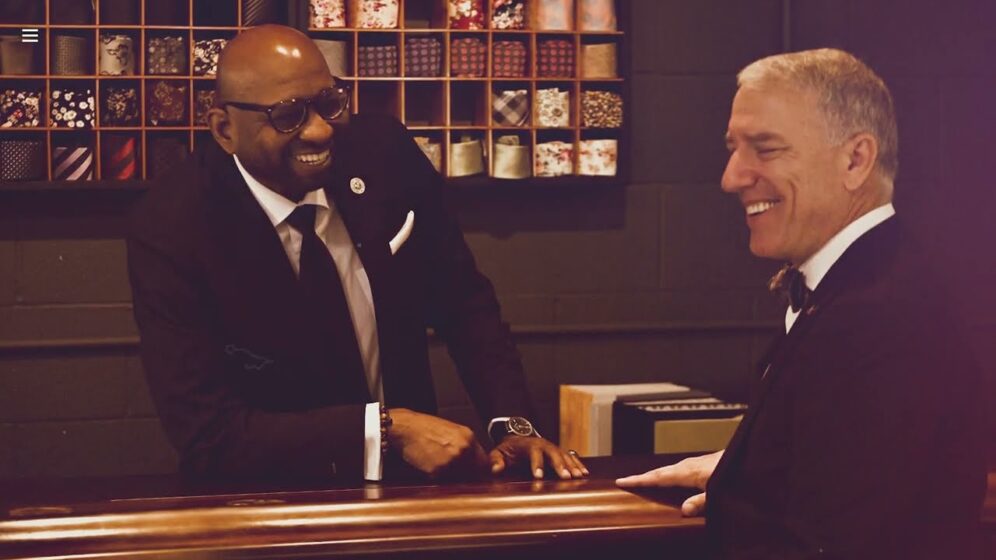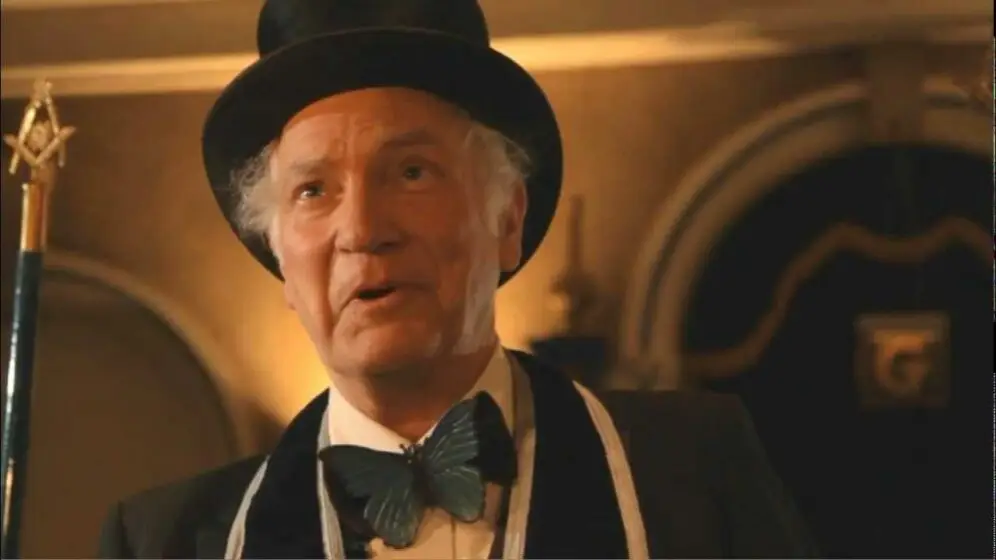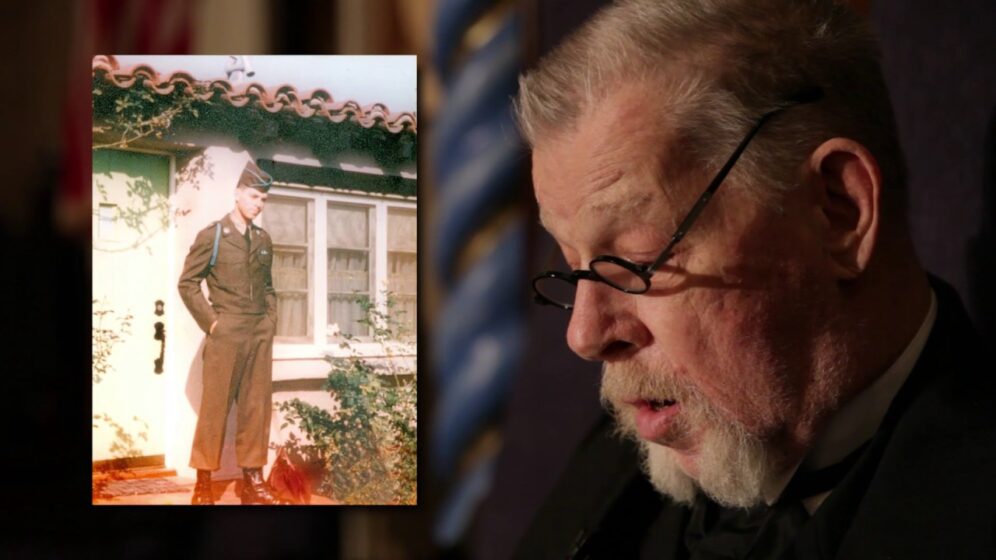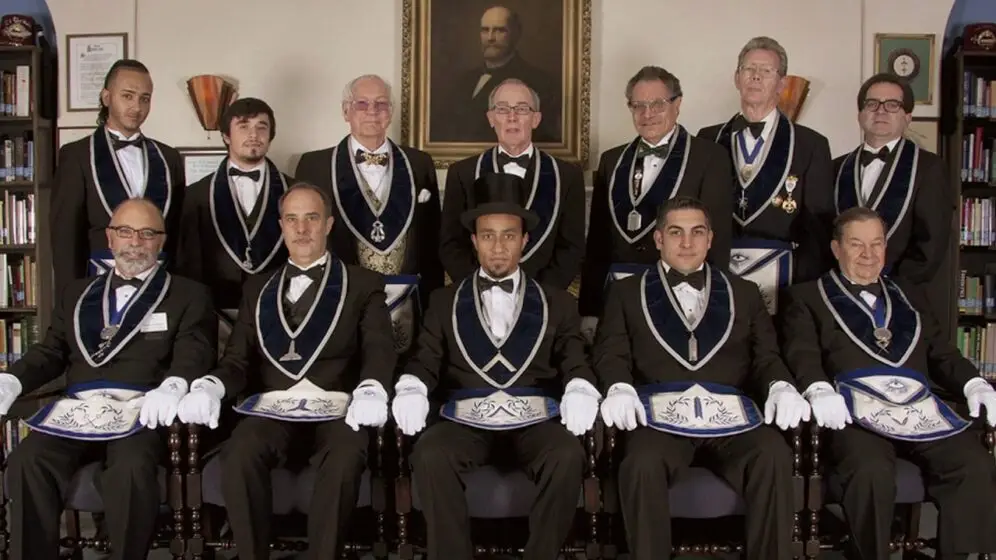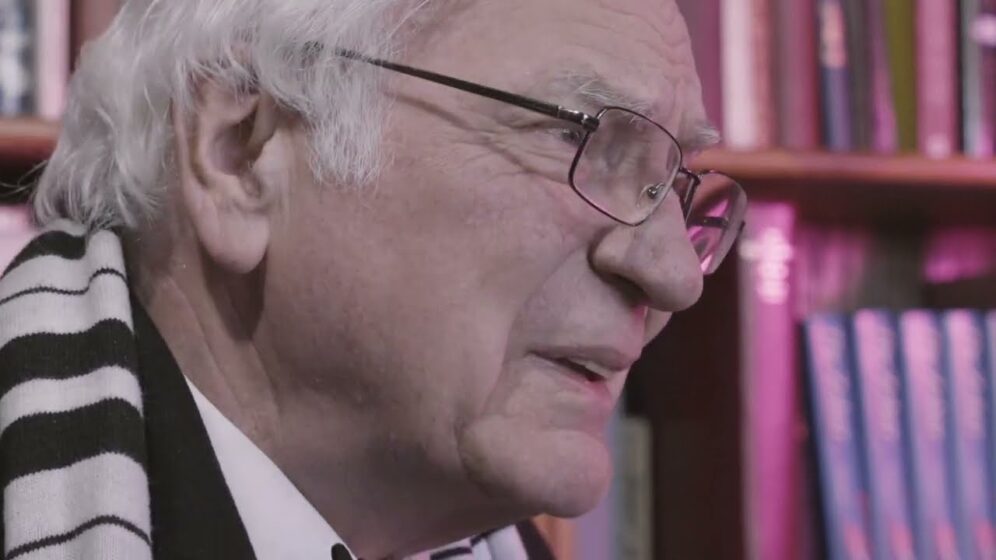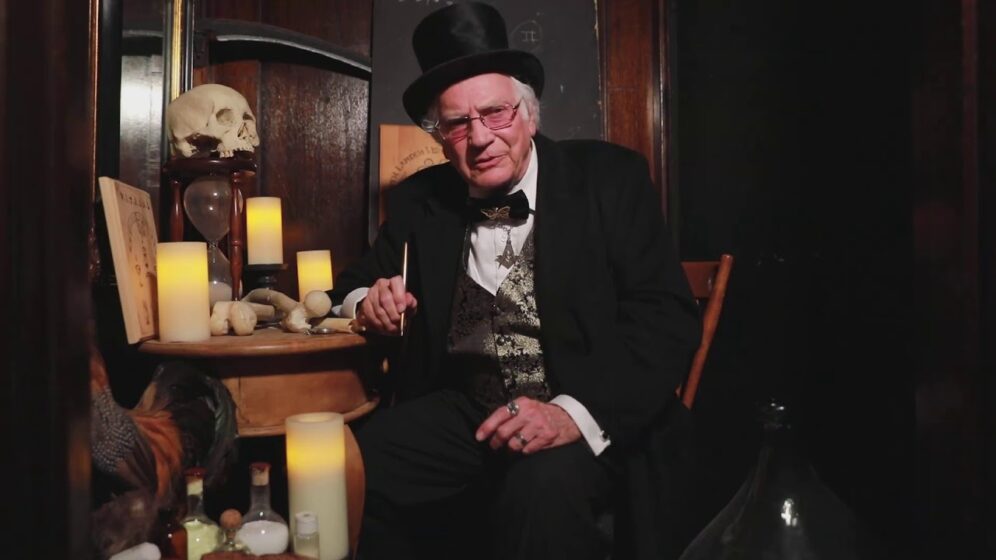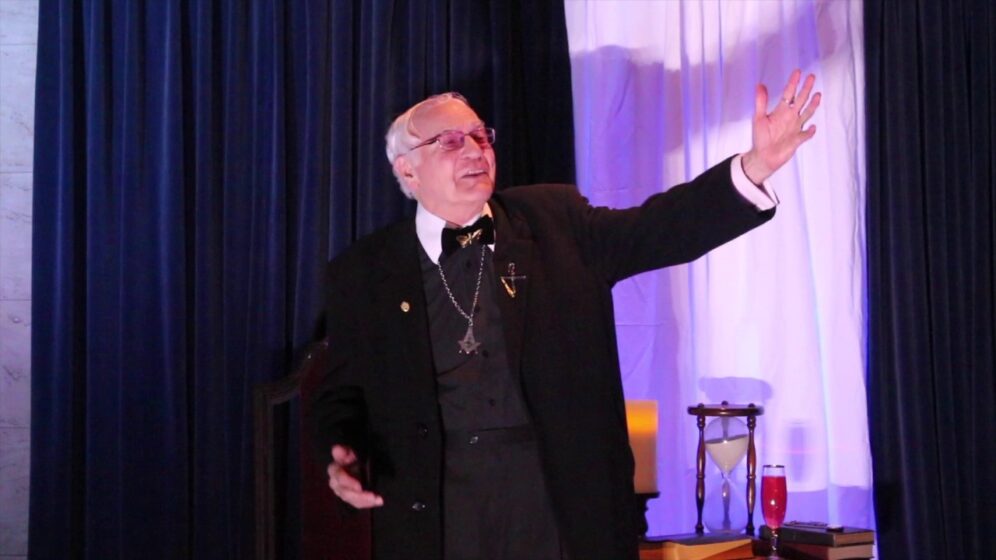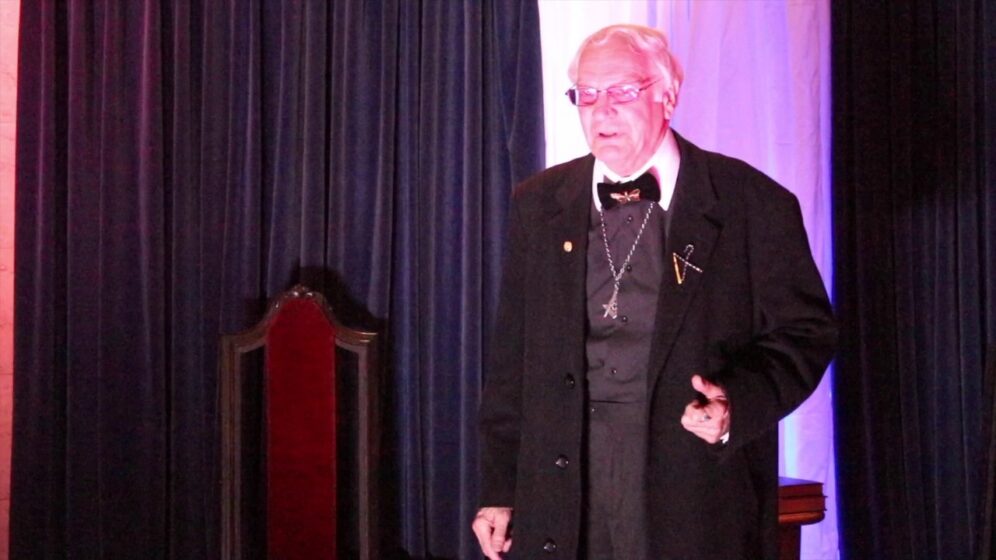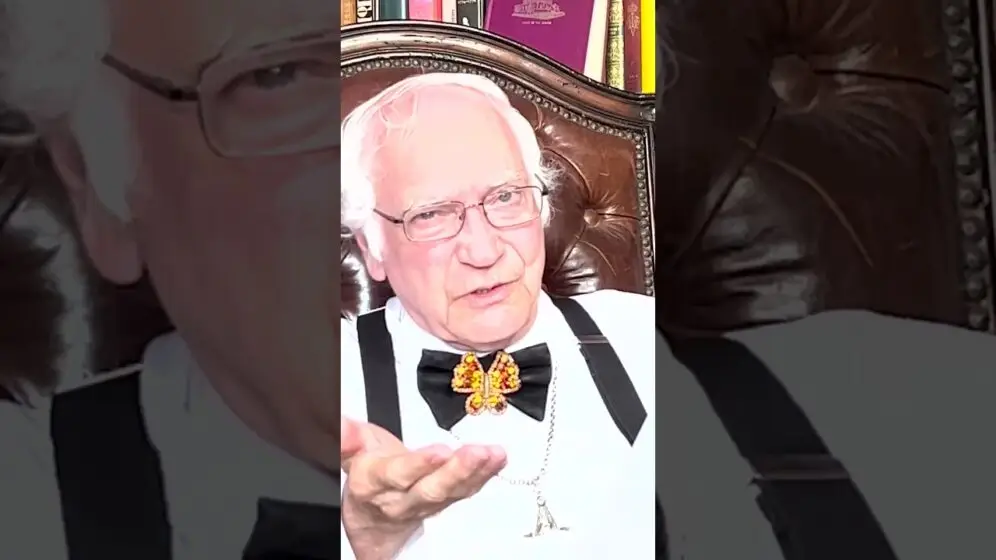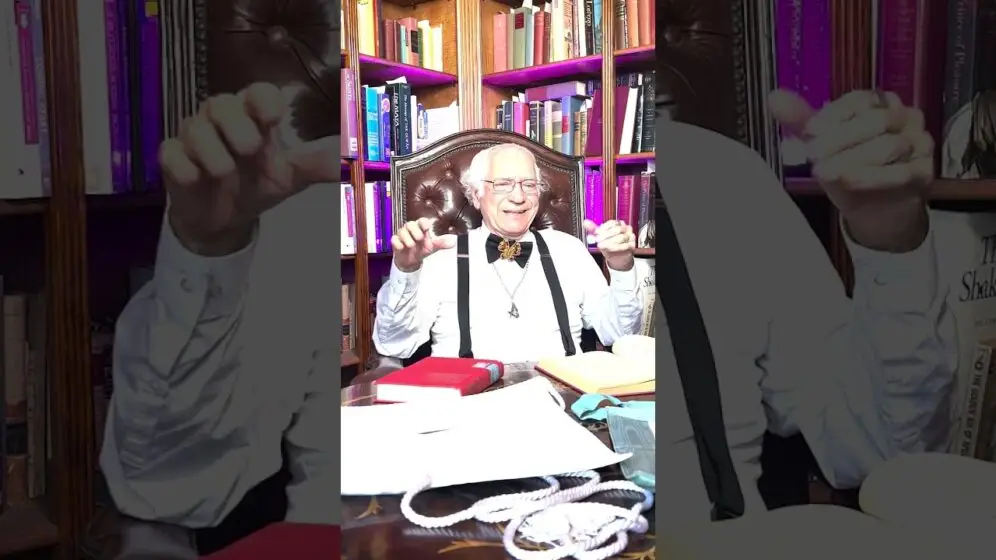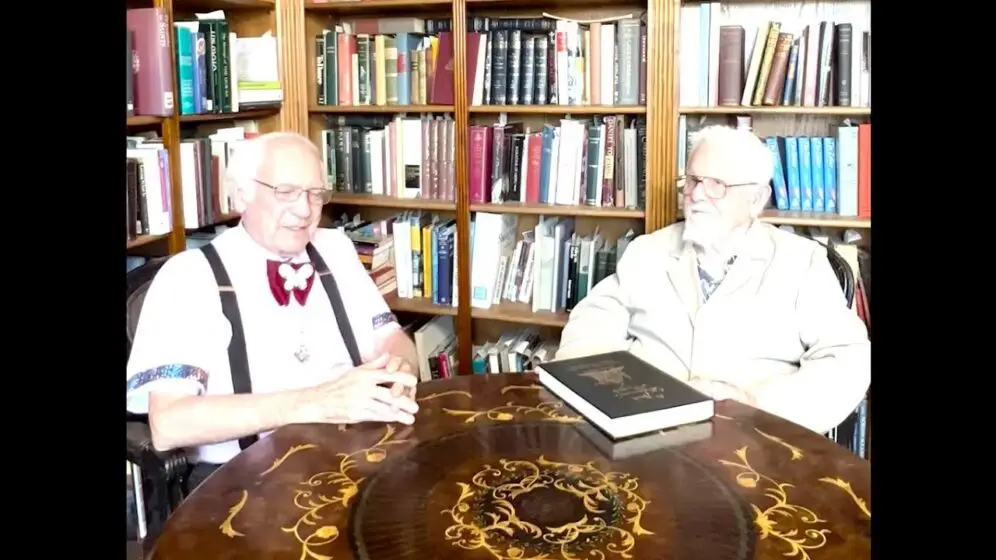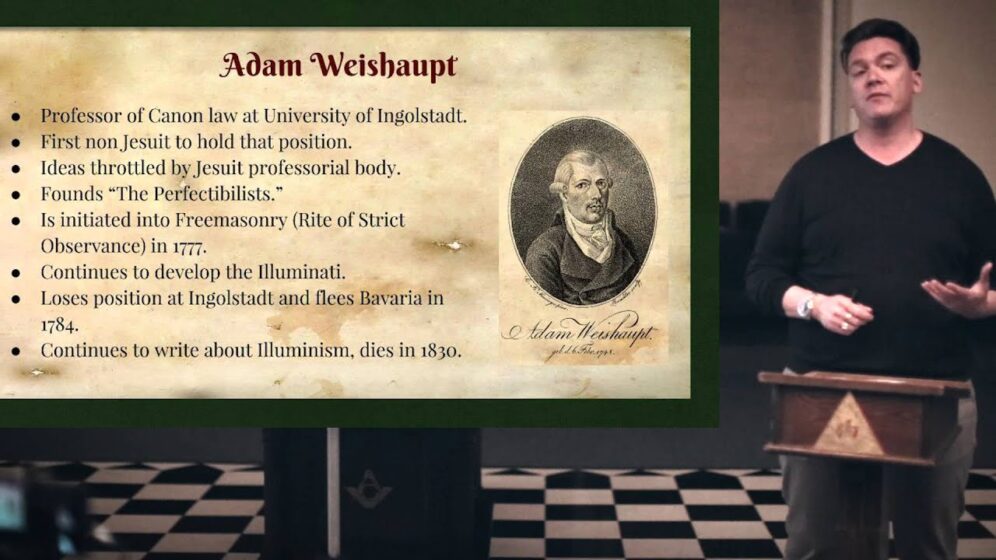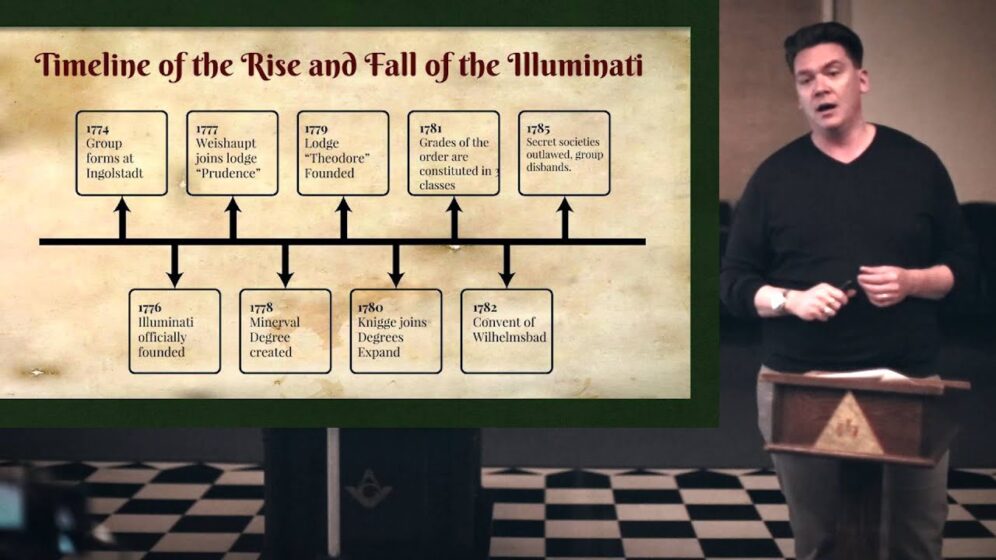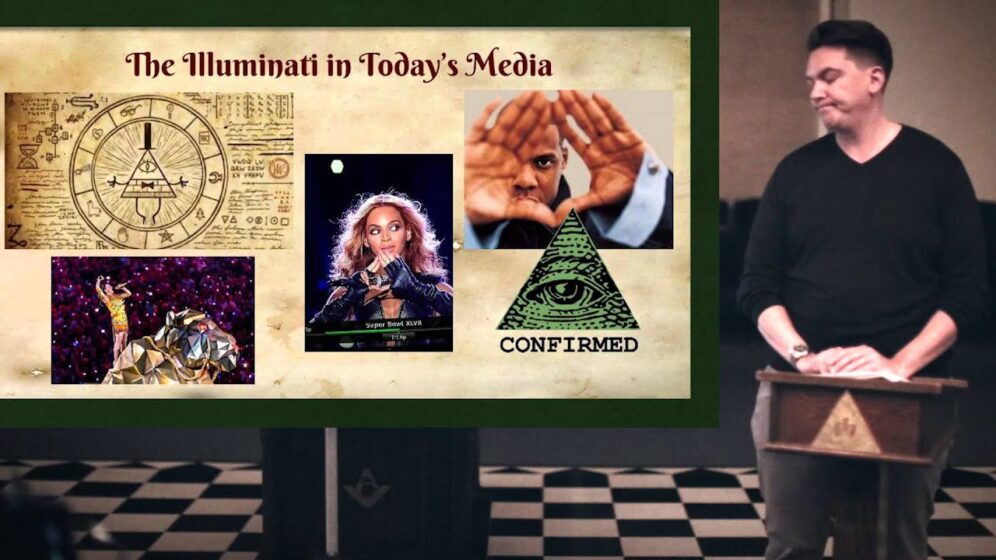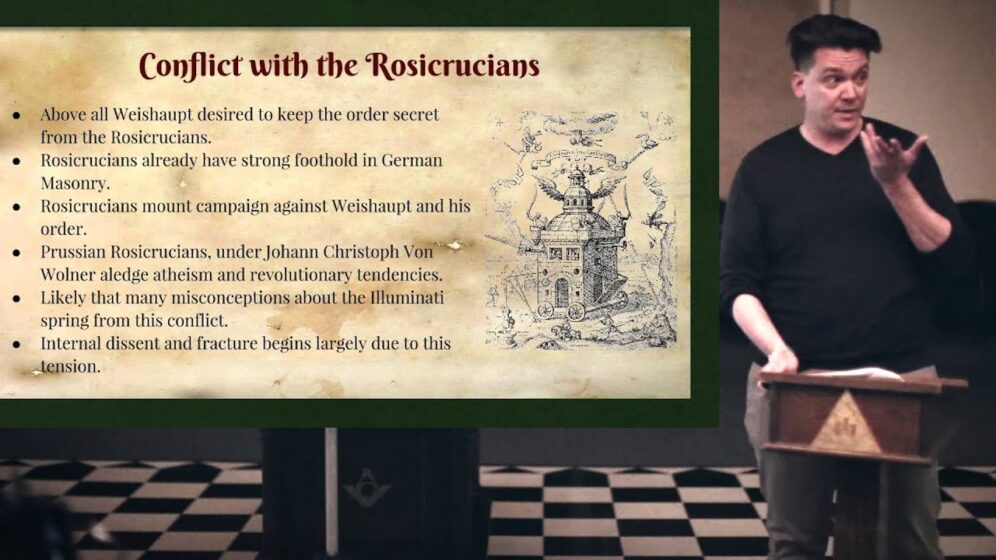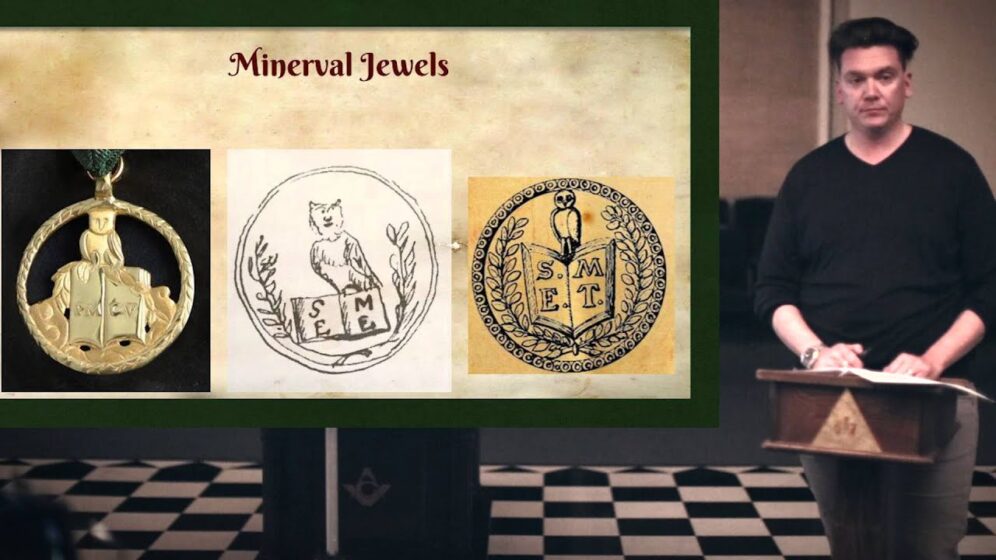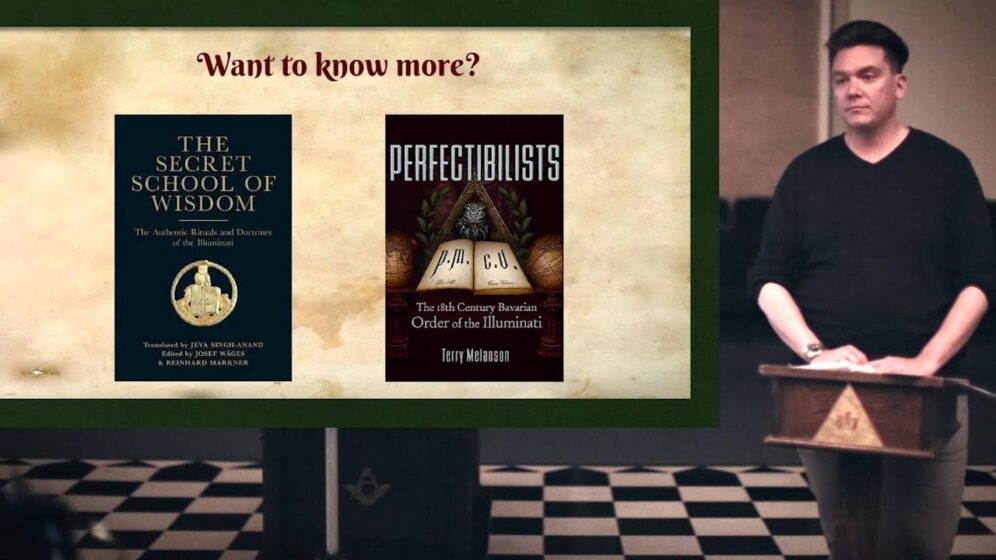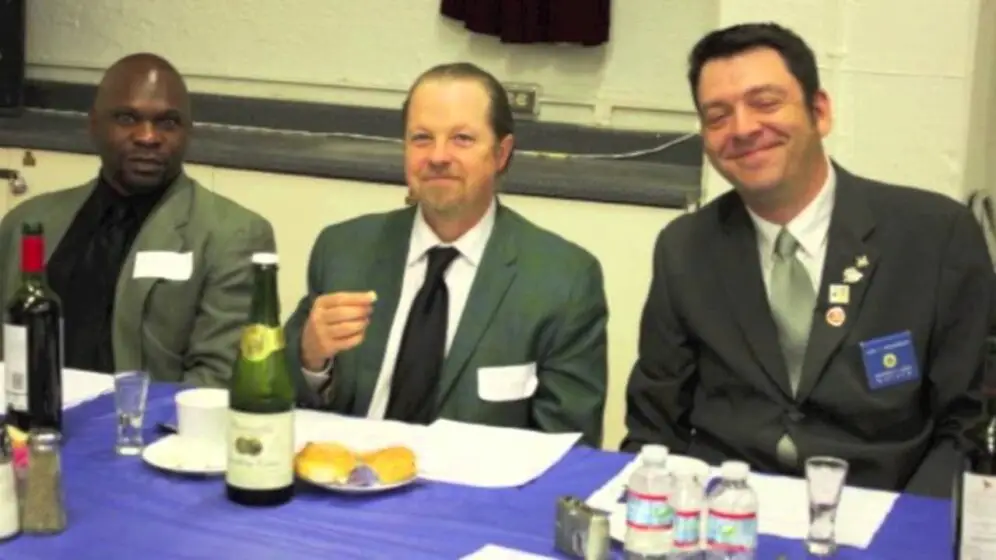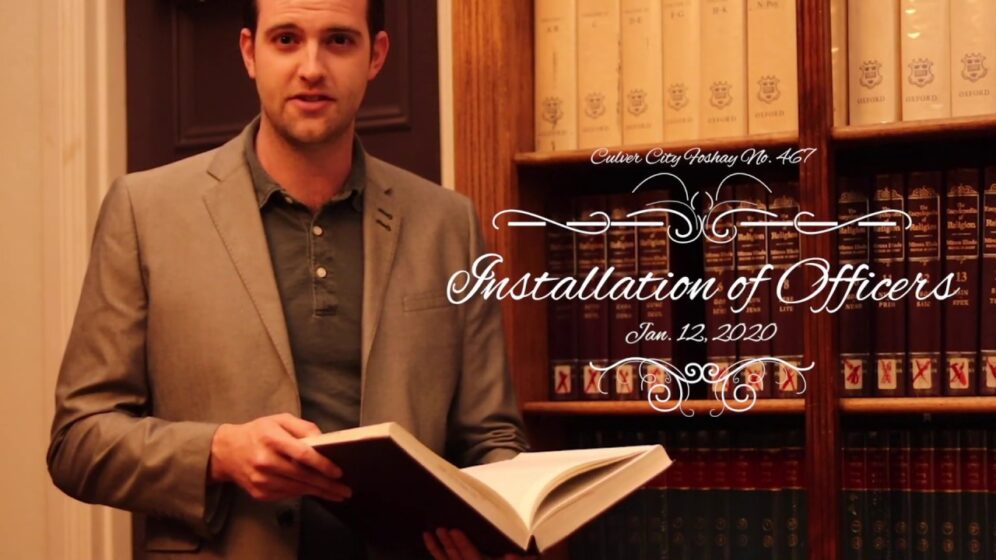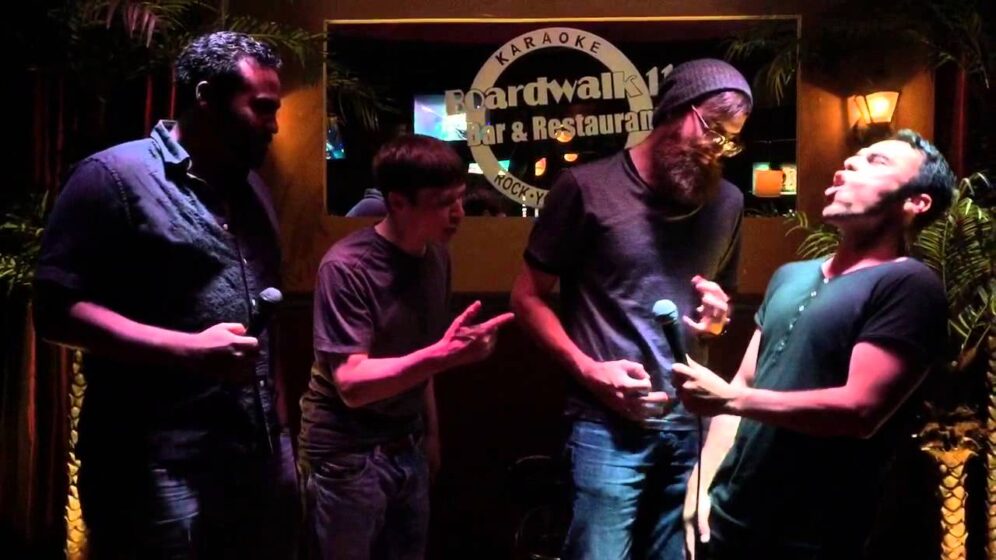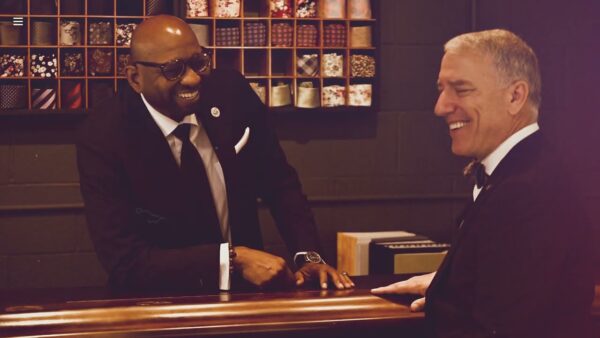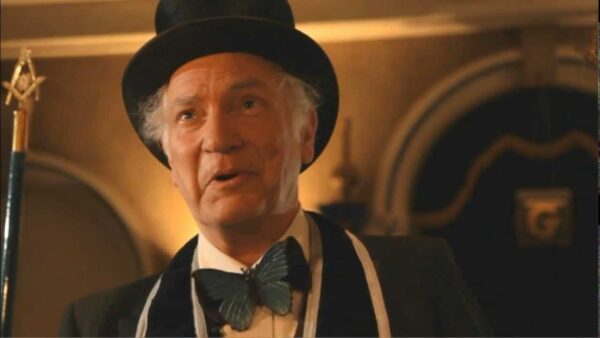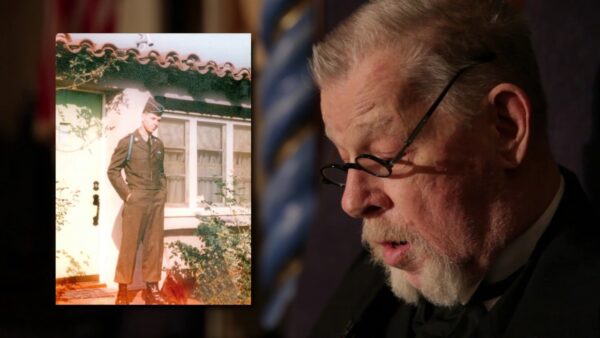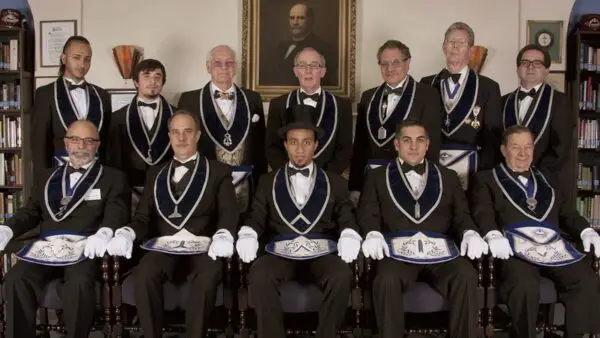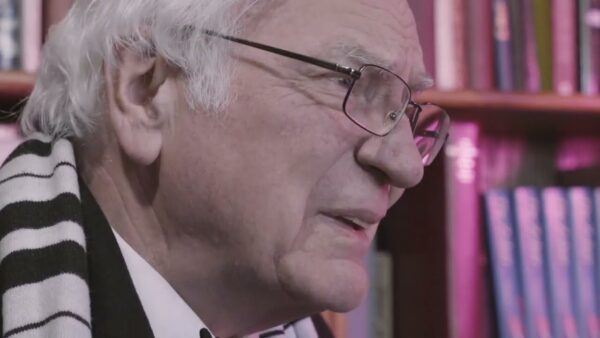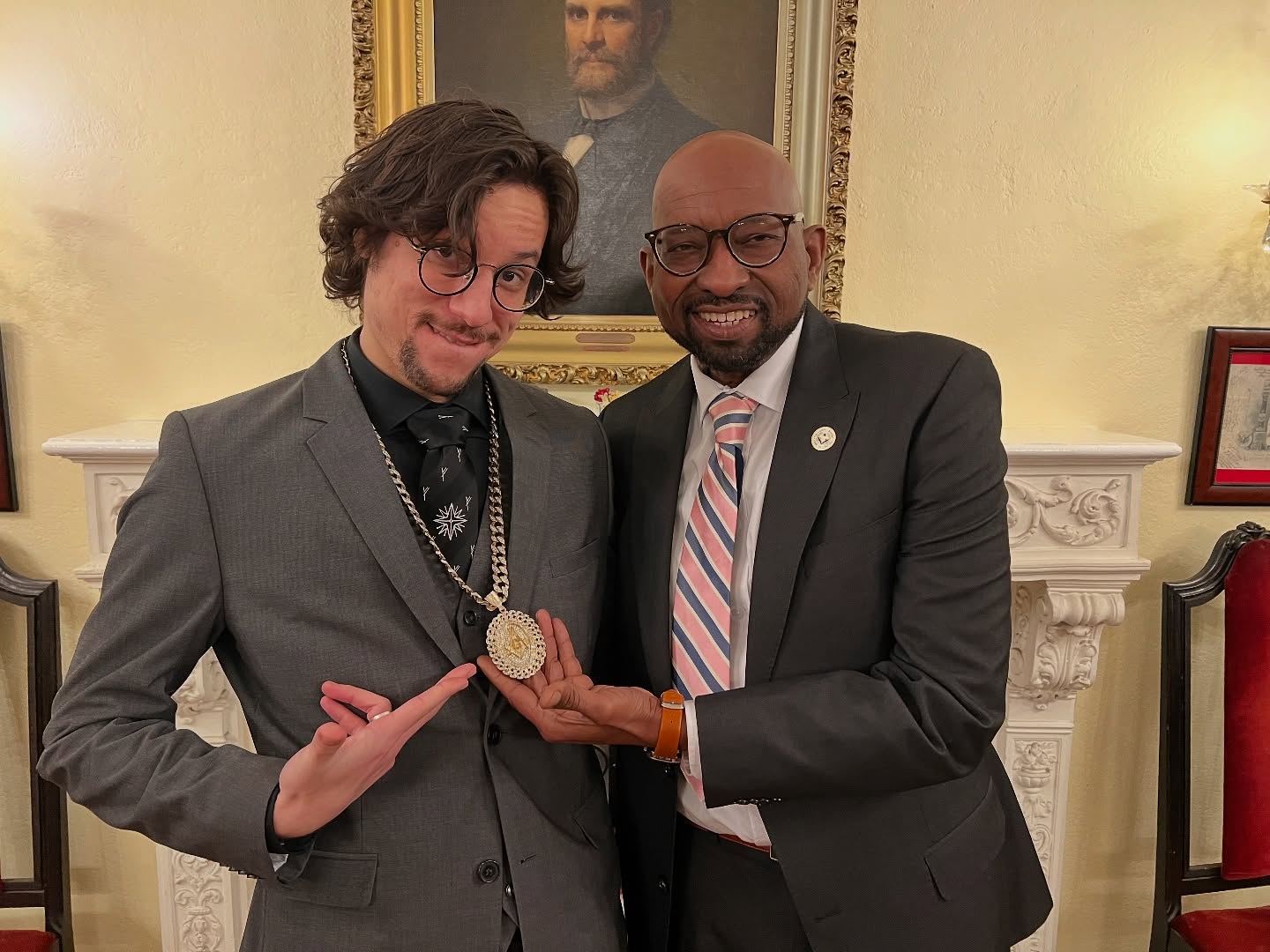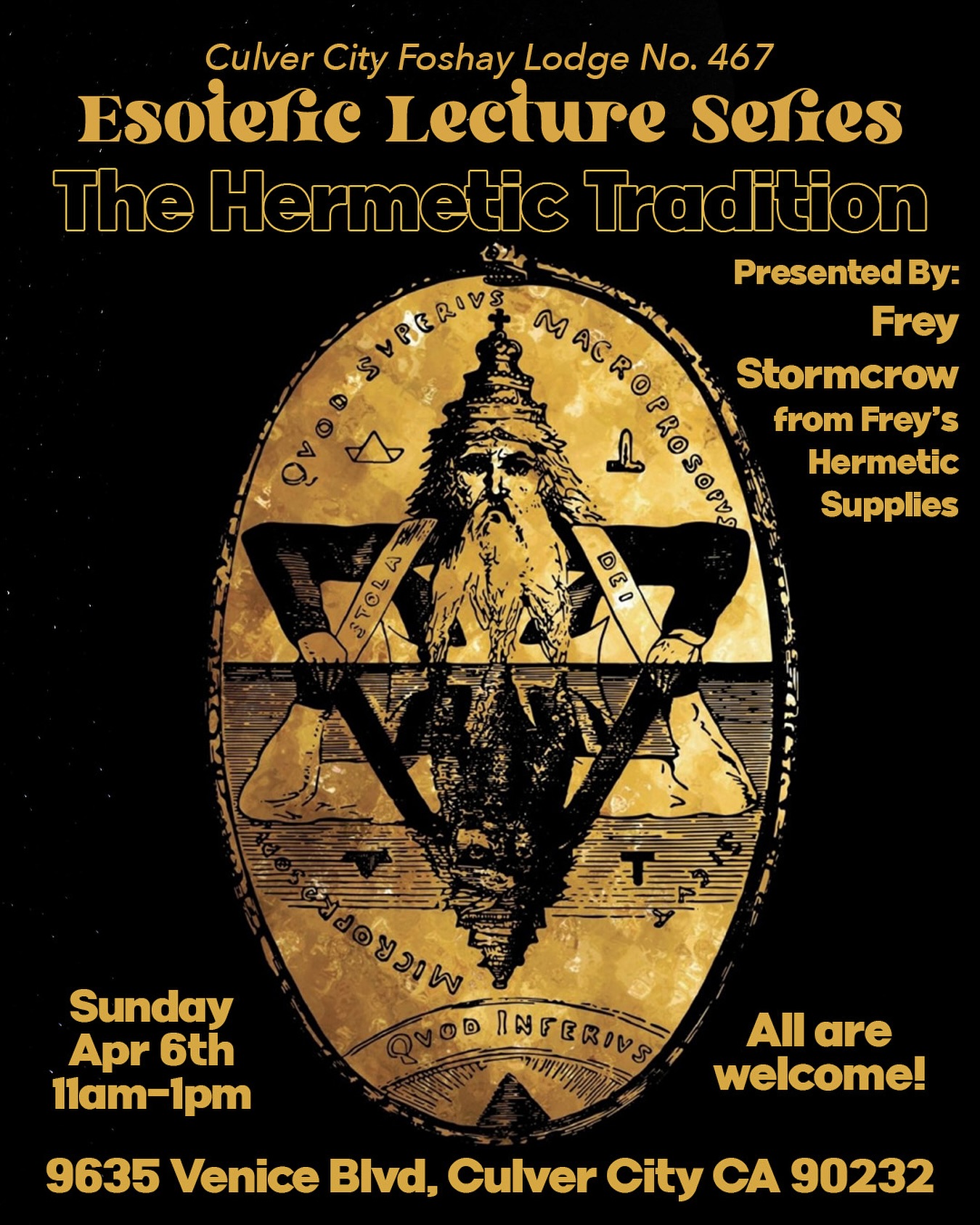From A Brother
“The Ides Have It”
Who keeps Atlantis off the maps? Who keeps the Martians under wraps? Who rigs every Oscar night? We don’t! At least, collectively we don’t. To help dispel these and other myths, journalist Mo Rocca interviewed a sampling of modern Freemasons in the United States during a segment of CBS This Morning. What he discovered may surprise you: Apparently, we are not a religious sect. We did not orchestrate the American Revo- lution, and we do not discuss religious or political matters in an open lodge. Who knew?
Of course, I am being facetious. These and other urban legends, which, with the aid of our Brethren and UCLA professor Dr. Margaret C. Jacob, Mo Rocca candidly debunked, play into “Homer the Great,” a sixth-season episode of the animated television show The Simpsons. Incidentally, Dr. Jacob will be one of several speakers at the 4th Annual International Conference on Freemasonry, held March 21 at the UCLA Faculty Center.
Spoilers for this episode follow. Protagonist Homer Simpson stumbles his way into an ancient organization called “the Stonecutters,” whose shadowy agenda becomes revealed to the viewer in a song nominated in real life for a Primetime Emmy Award. Typical caricatures of drinking, hazing, and bizarre rituals culminate with Homer becom- ing the “Grand Leader.” This exalted status soon gives way to “omnipotence ennui.” In an effort to make a positive change, Homer issues a top-down directive to refocus the group on community service. Fuming bitterly about the change, the Stonecutters eventually form a splinter faction with a different name, similar mission, and no Homer Simpson.
In this humble television program I find at least one honest reflection of our institution. We span multiple cultures, generations, and faiths. New technologies create loopholes that we address. Shifts in culture lead us to revisit admission qualifications. Wider diver- sity yields additional sacred texts. Through all this we strive to avoid “pulling a Homer” and instead promote the unity of our Brotherhood by acknowledging differences of opinion with tact and courtesy.
Contemplating an evolving world remains as critical as ever to our survival. In the face of rapid change we also balance the adaptation to contemporary norms with the pres- ervation of our own traditions, history, and—perhaps hardest for the uninitiated to un- derstand—unity. Our venerable fraternity thrives best when we approach issues with forethought and care, ever with an eye open to harmony, for who makes the world a better place, one man at a time? We do. We do!
– Brother Andrew Merenbach
